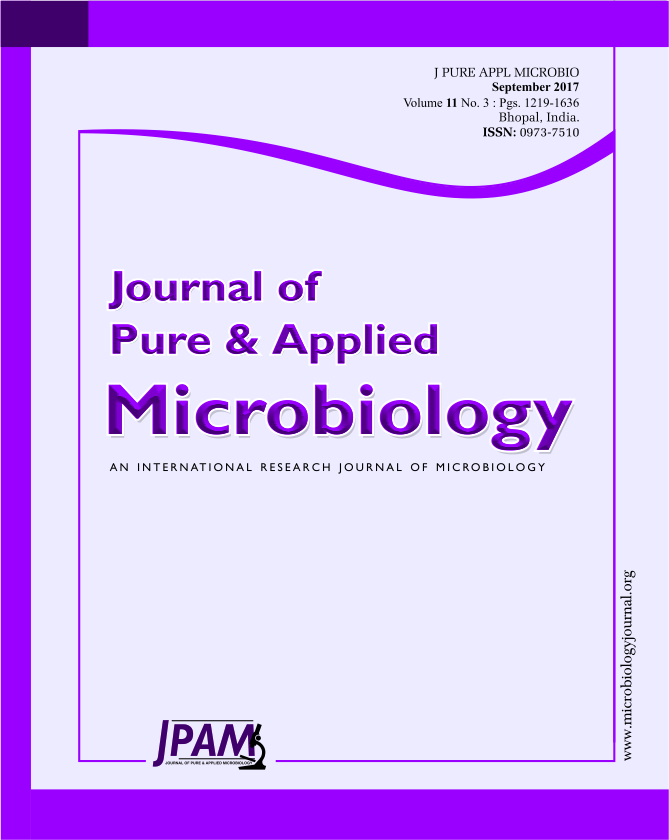This study was conducted in order to study the effect of induced systemic resistance chemicals on disease reduction, and on yield attributing characteristics of tomato. Eleven treatment were set and each replicated three times. The treaments include; treatment one and two were Magnesium sulphate at 0.05% and 0.1% concentration respectively, treatment three and four were Manganese sulphate at 0.05% and 0.1% concentration respectively, Treatment five and six were Ferric chloride at 0.05% and 0.1% concentration respectively, treatment seven and eight were Sodium molybdate at 0.05% and 0.1% concentration respectively, treatment nine and ten were Calcium chloride at 0.05% and 0.1% concentration respectively and treatment eleven was the control with no chemical. The results indicated that the application of Magnesium sulphate significantly increased the plant height, TSS, weight of fruits, number of flowers and number of fruits. Magnesium sulphate indicated less attack to the diseases comparing to the treatments that where attacked. Calcium chloride at the concentration of 0.1% was highly significant in the leaf size of tomatoes.
Tomato, Resistance inducing chemical, Concentrations, Tomato leaf curl.
© The Author(s) 2017. Open Access. This article is distributed under the terms of the Creative Commons Attribution 4.0 International License which permits unrestricted use, sharing, distribution, and reproduction in any medium, provided you give appropriate credit to the original author(s) and the source, provide a link to the Creative Commons license, and indicate if changes were made.


